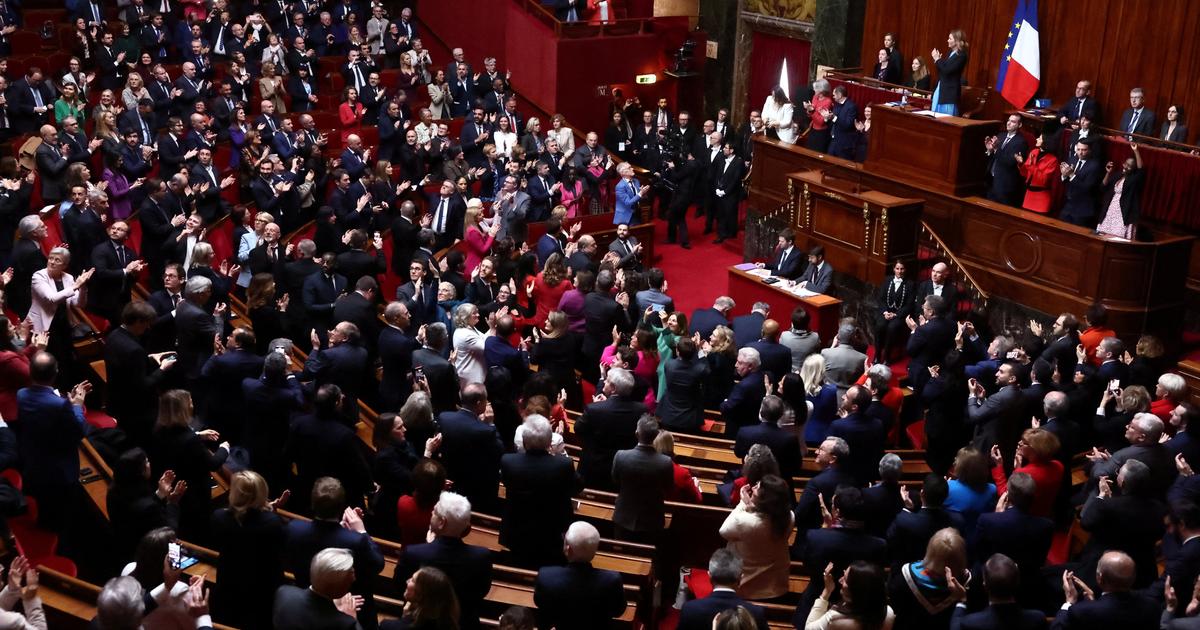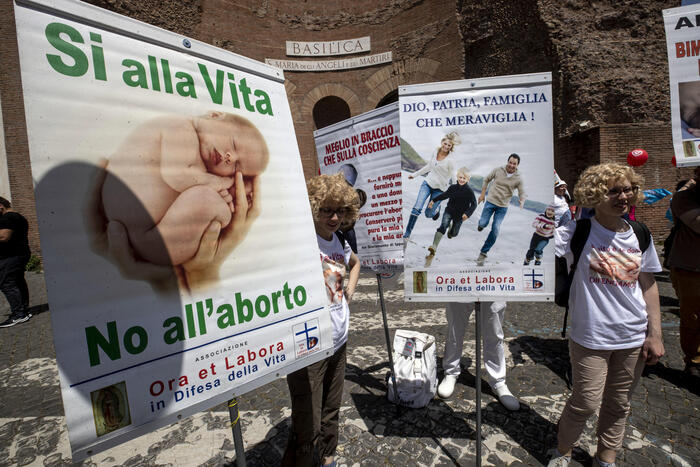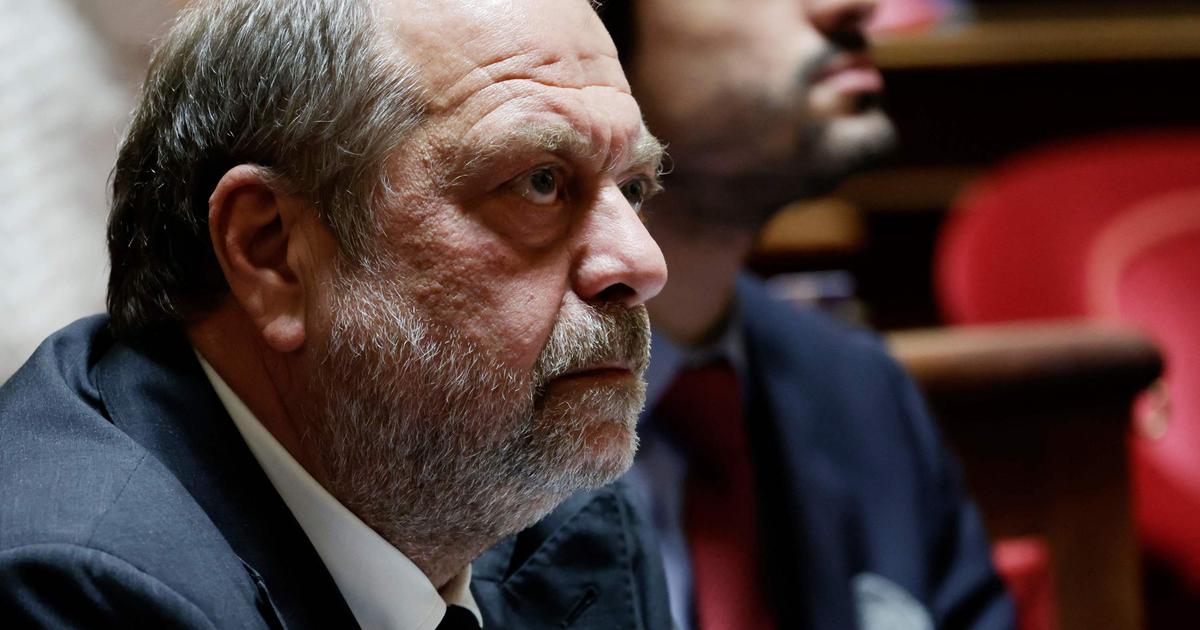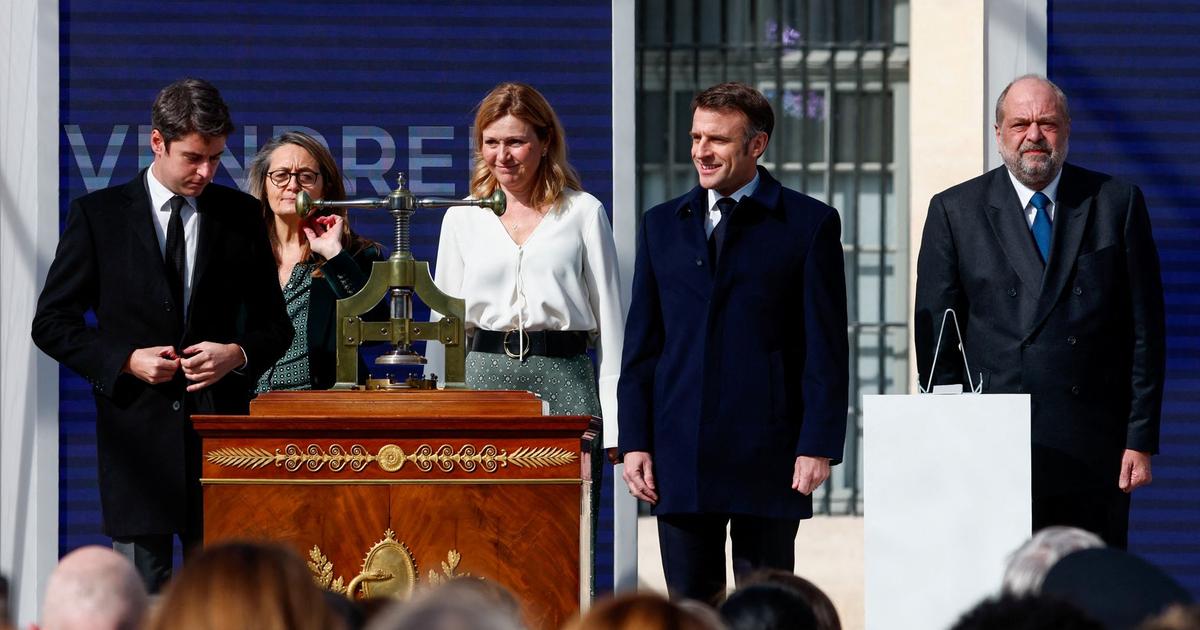Each of the 257 deputies and 72 senators were consulted. In the Senate, which already rejected the project in 2018, it is where there are more doubts. The Church fears that legislators will be pressured in favor of legalization.
Mariana Iglesias
Ana Perciavale
02/09/2020 - 0:11
- Clarín.com
- Society
The debate on the legalization of abortion the developed world already gave several decades ago. Most of these countries considered that it was a right and made it law . The poorest and least developed countries continue to argue that it is a crime that must be punished and keep abortion in hiding. Argentina, which is in the latter group of countries, continues to debate. Two years ago the Senate rejected legalization. Now the new Government seems determined to be a law: it prepares its own project, will ask for debate and is already negotiating to obtain the votes. It is the first time that there is political will for abortion to be law.
In order to know if legalization will be possible, Clarín made his own survey on the position of each one of the 257 deputies and the 72 senators . Many said what their vote would be but expressly requested that their names not be published: they fear reprisals and be pressured to change positions . That is why numbers will be given but not proper names, although the list is.
As Clarín learned, 123 deputies would vote in favor of legalization, 106 against and 25 remain doubtful. These deputies are new and did not vote in the 2018 debate, that is, it is not known what position they have and neither do they say it now nor did they do so during the election campaign. In deputies, in addition, there are two banks in dispute over the Gender Parity Law. It depends on who wins, the votes will be. And Jose Ignacio de Mendiguren asked for a license.
In the Senate, at the moment, 30 legislators would vote in favor and 33 against. There are 3 that do not express a position, although they are more likely to vote in favor because they gave a positive opinion about the publication of the new Care Protocol for the Legal Interruption of Pregnancy, which is not the same but goes hand in hand. Two of these senators are from the Front of All and another from Together for Change. In addition, there are five doubtful people who say nothing and never spoke publicly about the subject. Clarín could know that they are already negotiating with them (4 are from the Frente de Todos). And there will be an absence (I would have voted against) that is José Alperovich, on leave after being accused of sexual abuse by his niece.
Thus, the strongest negotiations are those that are taking place in the Senate and within the bloc of the Front of All : they are being asked to reveal their positions or at least find the most diplomatic way to refrain from voting against.
In the Senate there are 42 legislators from the Front of All, and 29 from Together for Change . Outside was the former governor of Río Negro, Alberto Weretilneck, who is in favor of legal abortion.
Of the 42 senators of the All Front block, 19 are in favor . Another 2 will most likely vote positively because they expressed themselves in favor of Comprehensive Sex Education and there are 4 who do not speak but with whom they could negotiate. Within the block, 15 already manifested "celestial."
Of the 29 of the Interblock Together for Change, 9 are in favor and 18 are light blue . One of the remaining is a dubious vote and the other most likely is "green."
Unlike Mauricio Macri, Alberto Fernández maintained a clearer stance on abortion . At some point during the campaign he assured that it would be necessary to decriminalize it and leave legalization for another time, but then he left ambiguities aside and said on numerous occasions that he supported legalization. Macri, meanwhile, enabled the debate at the beginning of 2018, then remained silent and last year, in the midst of the campaign for re-election, he clarified that his position was contrary, which was read as a strategy to get votes "heavenly . "
A couple of days before leaving the government, Macri rejected the new Protocol for Assistance to the Legal Interruption of Pregnancy, a right that has existed in Argentina for a hundred years. With the new government the Ministry of Health returned to be Ministry and Ginés González García renewed the Protocol in his first act as minister.
x
Fernández supports decriminalization and legalization and seems determined to be law . Shortly after assuming he met with some members of the National Campaign for Safe and Free Legal Abortion , which already submitted projects eight times since their formation, in 2005. From the president's circle they said they would be inspired by those proposals, but the president sent to write a new project so that it leaves directly from the Executive. The symbolic value, the political weight, is another.
Specialists from the Ministries of Health and Gender participate in the writing, led by Vilma Ibarra, secretary of Legal and Technical . On March 1, in his opening speech of the legislative sessions, Fernández will announce the project. When treated, it can also include the Campaign, which was presented for the eighth time in 2019 and still has parliamentary status.
From the Campaign they went out to support the president and are optimistic with the result. They recognize that an Executive project has its own weight and "other types of pressure." They, who also make their "poroteos" among legislators, say that while in the Senate the votes are more even "will come out because there is political will that is so." And that in Deputies the vote for the positive will be easy.
True handkerchief during the treatment in Congress in 2018 of the law to decriminalize abortion.
The ruling party in the Chamber of Deputies is the first minority and has 120 deputies. It is conformed internally by pure Kirchnerism, massism and other Peronist sectors that respond to governors. To which allies join.
Chaired by Mario Negri, the interblock that will now be called Together for Change will have 116 deputies : Pro (52 deputies, chaired by Cristian Ritondo); Radical Civic Union (44, Mario Negri); Civic Coalition (15, Elisa Carrió); Radical Evolution (2); more single-person blocks.
Another weight interblock is the Federal, which responds to lavagnismo and chairs Eduardo Bucca. It has 11 members. José Luis Ramón commands the Federal Development Unit, with 8 members. The left has two benches.
"Personally, I look forward to sending the project. The president in France said it was about decriminalization and the guarantee of attention in the public sector . So we assume that it is the minimum floor that will be included. I am optimistic with that it can be approved this year. It seems to me that the chances of approval increase considerably when it comes to the President’s project . Especially since the PJ has a large majority in the Senate, which is the most complex House for approval, "says Clarín Silvia Lospennato (Cambiemos), one of the "sorras" who in 2018 voted in favor and gave the most exciting speech of the venue.
"It is about respecting the decision of all people with the ability to gestate, but also to provide the means for that will to materialize. Without legalization, there is no legitimate and equal access to health, " says Federico Fagioli. of the Front of All
Maximiliano Ferraro, who chairs the Civic Coalition block, says he is in favor of legalization: "It is my position since always and I am consistent with what I said during the campaign. In my block there are different positions and so it will be because I consider each deputy vote according to your intimate convictions. On this issue, there is no single line but you vote with freedom of conscience. ”
Pro Vida militants celebrate in 2018 the rejection in the Senate of the law to decriminalize abortion.Photo: Federico Imas
Carolina Castets - led by Santa Fe - is her partner in the Civic Coalition: “I do not agree with the legalization of abortion. I have a definite position in that regard, I believe that education and the use of contraceptive methods must be encouraged. But that the current pregnancy has to come to an end and that we must re-discuss the adoption law. I only consider the exception in cases of raped girls or when there is a risk to the mother's health. My vote will be negative . ”
It is also part of the Rubén Manzi Coalition -published by Catamarca, a neurosurgeon doctor: “Human life is a journey through different stages and we are all going through evolutionary changes. But none of these changes enable us to affirm that now it is human life and that it was not before. To be specific, the neonate is not born with the mature central system but no one can think of taking away the condition of human life. The termination of pregnancy is the elimination of human life. My medical condition prevents me from endorsing this project. ”
" Hopefully the president will fulfill his commitment to send the bill to Congress in March , at the opening of sessions. Since we are going to review the Executive initiative because we have expressed our support for the National Campaign for Legal Abortion project, a project that counts on the legitimacy of the Women's Movement and the National Encounters, "says Clarín Brenda Austin of Cambiemos.
"Argentina must move forward with legalization because it is a public health problem. Health conditions must be guaranteed. It is of no use to remove the threat of criminalization if we leave women in hiding," Austin continues. "I understand that it is an issue that has already been discussed with sufficient maturity and that Congress must legislate beyond the personal beliefs of legislators. "
"Our President, as our vice president and the Minister of Health of the Nation, assumed the responsibility that this issue should be discussed again in 2020. The deaths of women from clandestine abortions that occurred since the day the law was not passed until today they demonstrate that it is a question of public health and not of personal beliefs. This Congress must be up to the social demand ", says Mara Brawer, of the Front of All CABA.
His pair of Entre Ríos, Carolina Gaillard, swore on December 19 and chose the phrase: “Let it be law”: “Abortion is a very traumatic moment in the life of women, the State cannot be absent. Maternal mortality goes hand in hand with secrecy. To debate this issue again is not to promote a River-Boca in the National Congress but to recognize the need to legislate for the benefit of public health. ”
In 2018, for six months, more than 800 speakers argued for and against the legislators. It is not yet known how the treatment will be this year. Meanwhile, on Wednesday, February 19, women will once again take to the streets of the whole country to make a federal handkerchief . 19 is Green Action Day for the Right to Abortion . What will be asked is that the project be treated again in Congress and that it becomes law.















